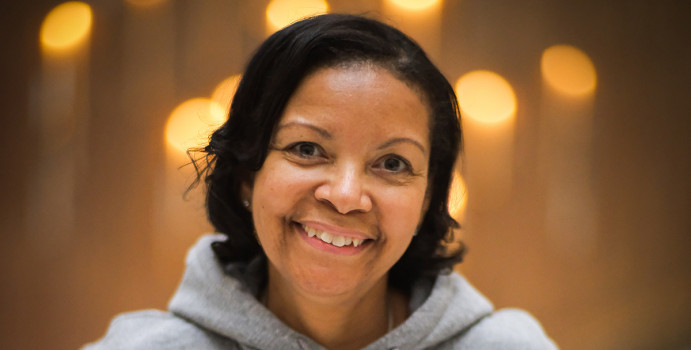Survivor Views

Cancer Survivors’ Views Make a Difference
Survivor Views is a groundbreaking program designed to further engage cancer survivors in the important policy issues that are part of ACS CAN’s fight against cancer. Over 3,000 cancer survivors have agreed to participate in Survivor Views by responding to regular surveys on policy issues that support the prevention, detection and treatment of cancer and promote survivors’ quality of life.
Through Survivor Views, ACS CAN hears directly from cancer survivors about their experiences and their perspectives on critical cancer-related issues. This information helps shape the development of policy positions and provides important evidence to support the enactment of these policies.
51%
of cancer patients and survivors have gone into debt to cover the cost of their cancer care.
Latest Updates
Survivor Views Resources
Survivor Views is supported by Amgen, Cell Centric, BMS, Organon, Merck, and Novartis
